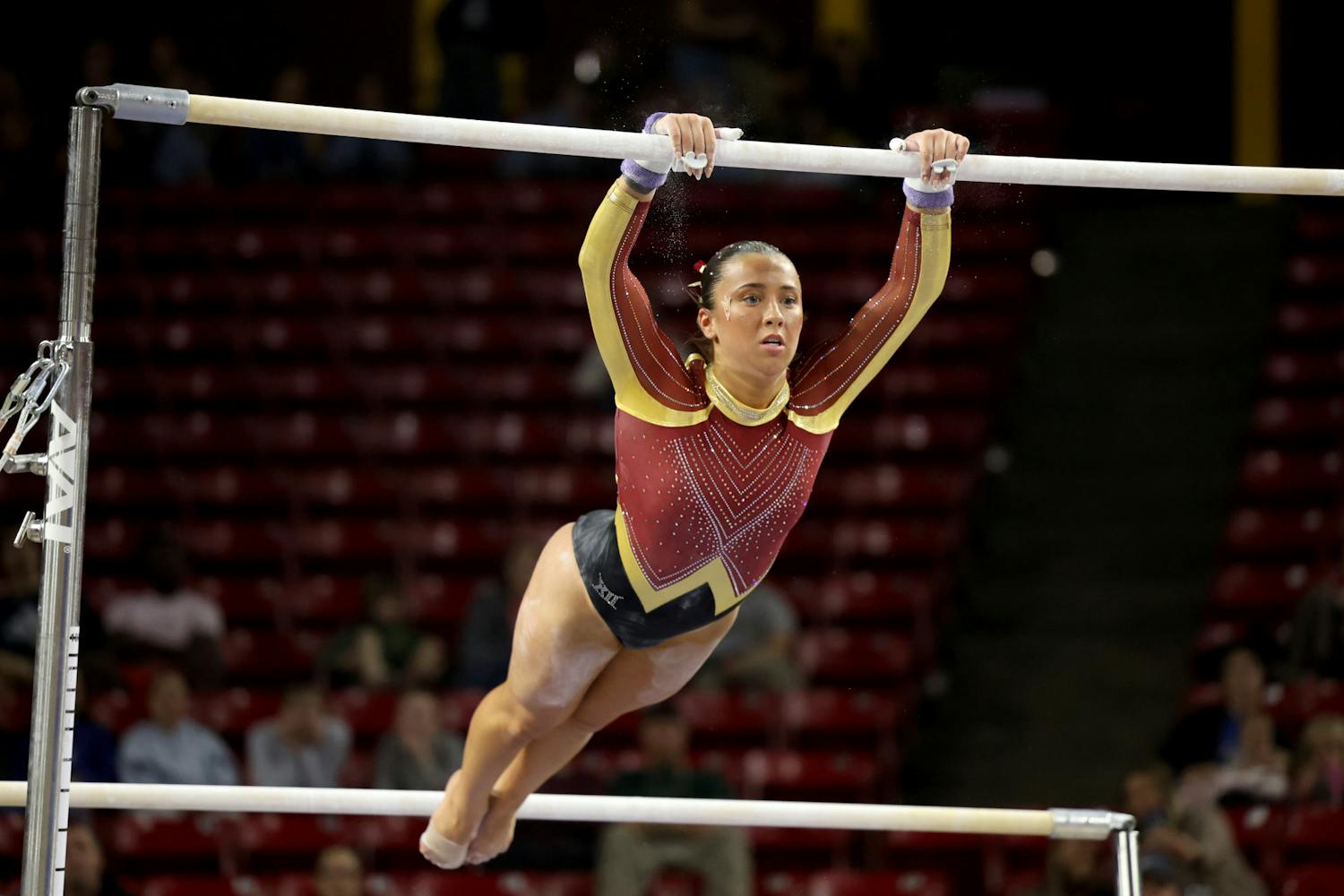For many college women who have just put on their violet-tinted glasses, finding a good balance between being a feminist and a young adult is something that can prove to be challenging.
Young women are often too focused on arguing that men are trash and not realizing all the reasons why men act the way they do. Or when their discussions aren't regarding trash men, it's centered on competition between their female peers. And this all happens while they call themselves feminists.
Yes, I am guilty of this too. And yes, it can seem difficult to not gossip to friends and continue this cycle of negative rhetoric about men and women.
Many college women who hold the feminist title need to work harder to become better feminists. College women must consider all different types of feminist ideas and apply them to their own lives.
The word feminist has been in circulation since the 1800s. Since then, a lot has changed in the feminist movement. Just in the last century, the feminist movement has helped with women's rights such as women's suffrage and reproductive rights.
Equality is not the only thing that women need to get behind in order to fall into the feminist category. There are many lifestyle changes women can make that are considered to be feminist as well, starting with their perceptions and judgements of others.
As young women, we are taught that we are in competition with every other woman that surrounds us in our friend groups, work places and classrooms.
According to research by The Royal Society, “Human females have a particular proclivity for using indirect aggression, which is typically directed at other females, especially attractive and sexually available females, in the context of intrasexual competition for mates.”
When referencing the feminist agenda, it is important to realize that women cannot get anywhere if they continue to tear each other down. It's crucial that women are allies for one another, especially when aligning with feminism.
College women can also forget that feminism is there to help men too. Feminists can't fight for equality if it pushes for men to be considered as low as trash.
From a young age, men are also taught that they are in competition with each other, but in different ways than women.
In an article for Elite Daily, Dan Scotti wrote, “Manliness today is conveyed through brashness. Masculinity is found on the football field, in beards (along with parts of last meal) or on a set of barbecue tongs, for that matter.”
Feminism is available for people to help break gender norms, and showing emotion has been stripped from heterosexual men since their childhoods.
Many young female feminists, however, forget that this is an example of inequality. Men are expected to be macho and that causes internalized emotional turmoil.
The way most men act toward women is not because they are trash, it is because of the feeling that they cannot express their emotions freely in fear of looking weak.
Elizabeth Langland, the director of the Institute for Humanities Research at ASU, said that women are indebted to those who led the fight before them and those who are coming after us.
“Even though we might say, well if women get equality then someone is losing something, presumably men, but it's also a gain. It allows men to be freer, and they can conceive and design their own lives," Langland said. "It allows people to share those responsibilities and those duties, which can be onerous, it allows for a partnership.”
Feminism is not in place for just female equality, it is in place for all genders and races to gain equal status in larger society.
Rather than using feminism to find ways to drive a wedge deeper between different genders and communities, use it to become better allies for each other.
Reach the columnist at psaso@asu.edu and follow @paytonsaso on Twitter.
Editor’s note: The opinions presented in this column are the authors’ and do not imply any endorsement from The State Press or its editors.
Want to join the conversation? Send an email to opiniondesk.statepress@gmail.com. Keep letters under 500 words and be sure to include your university affiliation. Anonymity will not be granted.
Like The State Press on Facebook and follow @statepress on Twitter.




